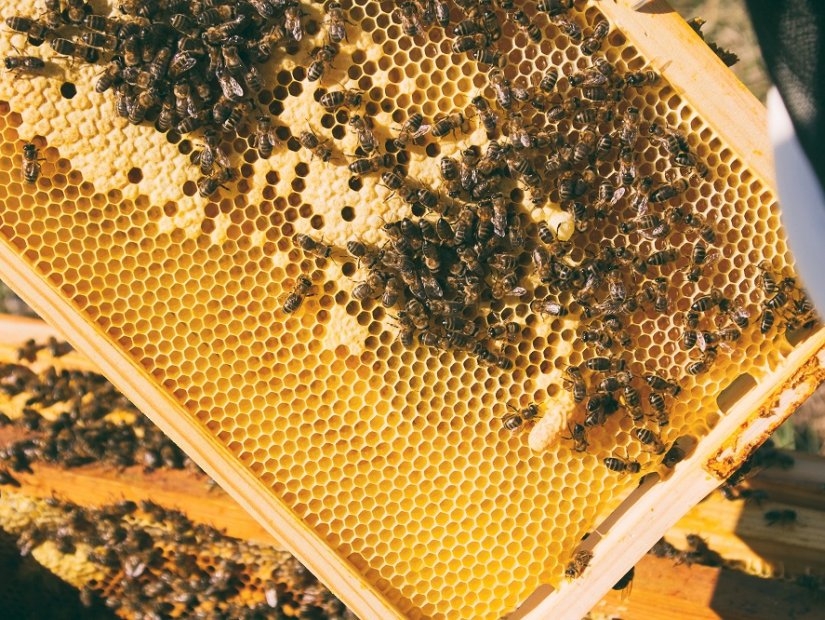Blog
Beekeeping in Turkey
Beekeeping in Turkey
Beekeeping in Turkey
Turkey has the world's second-largest number of honeybee colonies. Beekeeping is overseen by beekeepers associated with the Turkish Central Beekeepers Association and 79 provincial beekeeping organizations.
Turkey is situated at the geographic intersection of Europe, Asia, and the Middle East, and its borders cover a diverse spectrum of temperatures and ecosystems. Turkey's honeybees, not surprisingly, are also highly varied. Turkey produced 107,920.097 tons of honey in 2018 and exported 5,912 tons, according to TurkStat. Food safety, sustainable agriculture, and biodiversity are all closely linked to bees.
Beekeeping as Tradition
Beekeeping is a traditional agricultural activity that is practiced in virtually all of Turkey's regions. Turkey is home to 20 percent of the world's 25 bee subspecies. Because of this variety, beekeepers are urged to cultivate native bee species rather than commercial bees.
Turkey is the world's second-largest honey producer, producing over 100,000 tons each year. Turkish honey is believed to be of the highest quality and most sweet found anywhere on the planet. Even though Turkey has an average of five beehives per square kilometer, scientists and economists think Turkey is only using 1% of its honey-producing potential and are searching for ways to expand it exponentially.
Millions of hives and hundreds of beekeepers live in Turkey's rich climate, practicing a kind of farming that has been practiced for thousands of years. Beekeeping originated as a means to an end in the pursuit of greater agricultural output. Pollination by bees is responsible for roughly one-sixth of all blooming plant species worldwide and approximately 400 distinct crop plant kinds.


